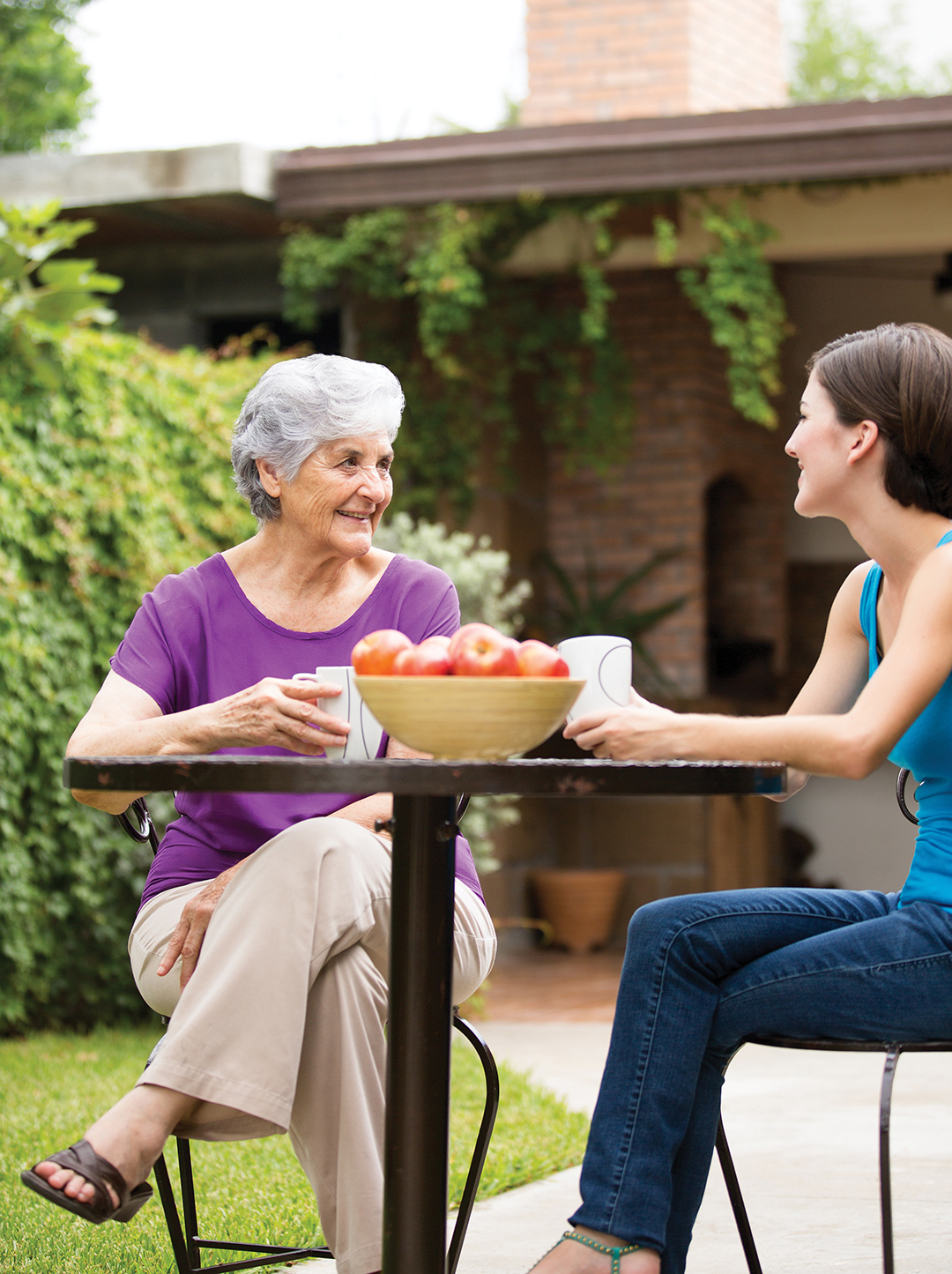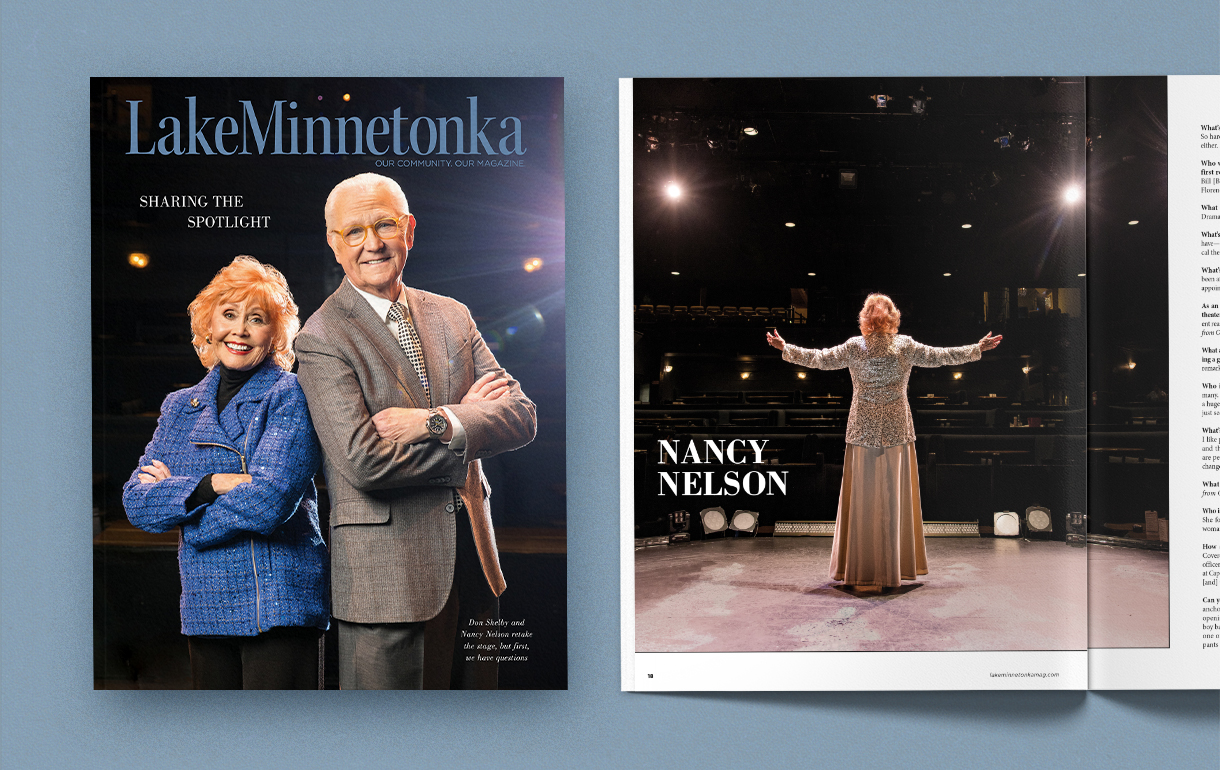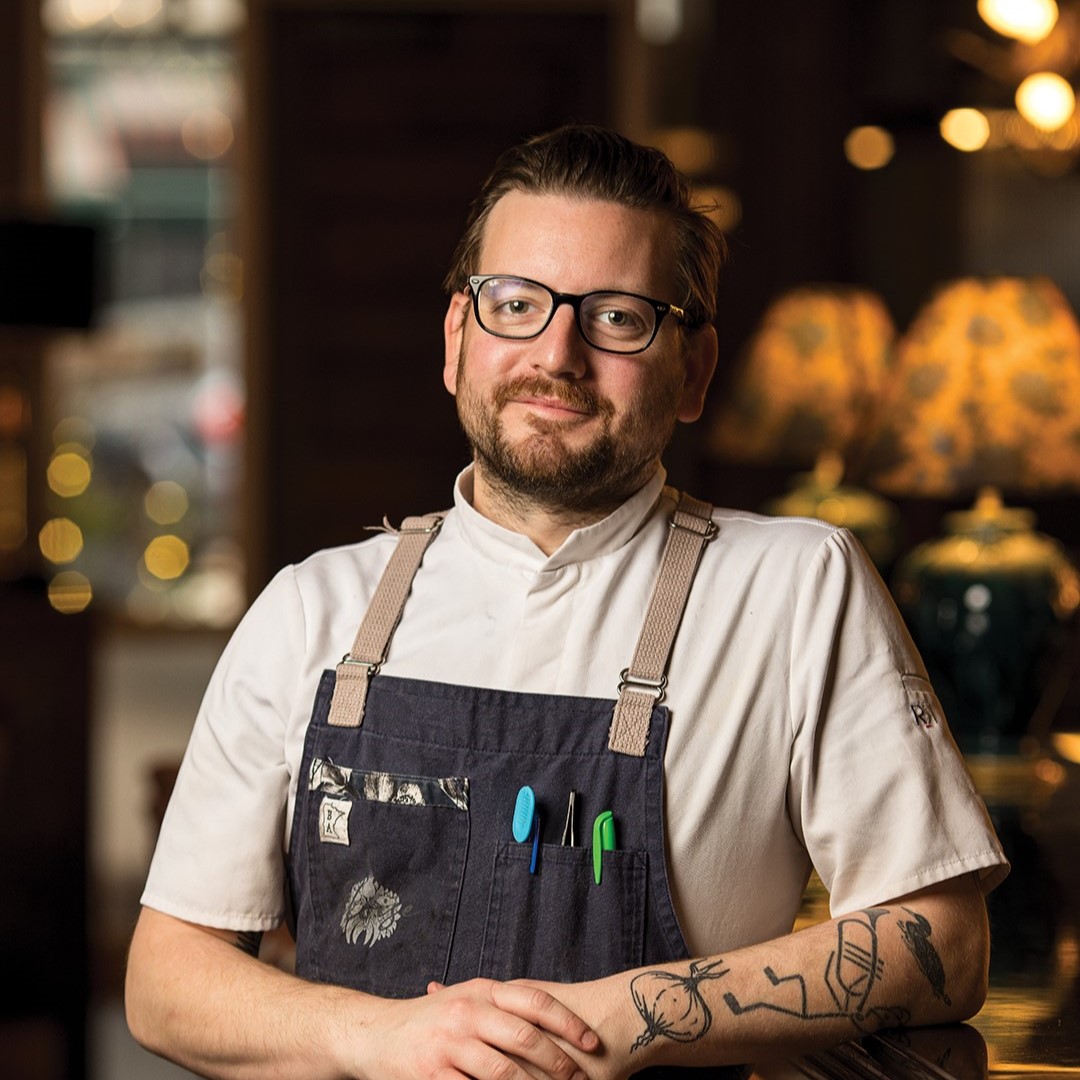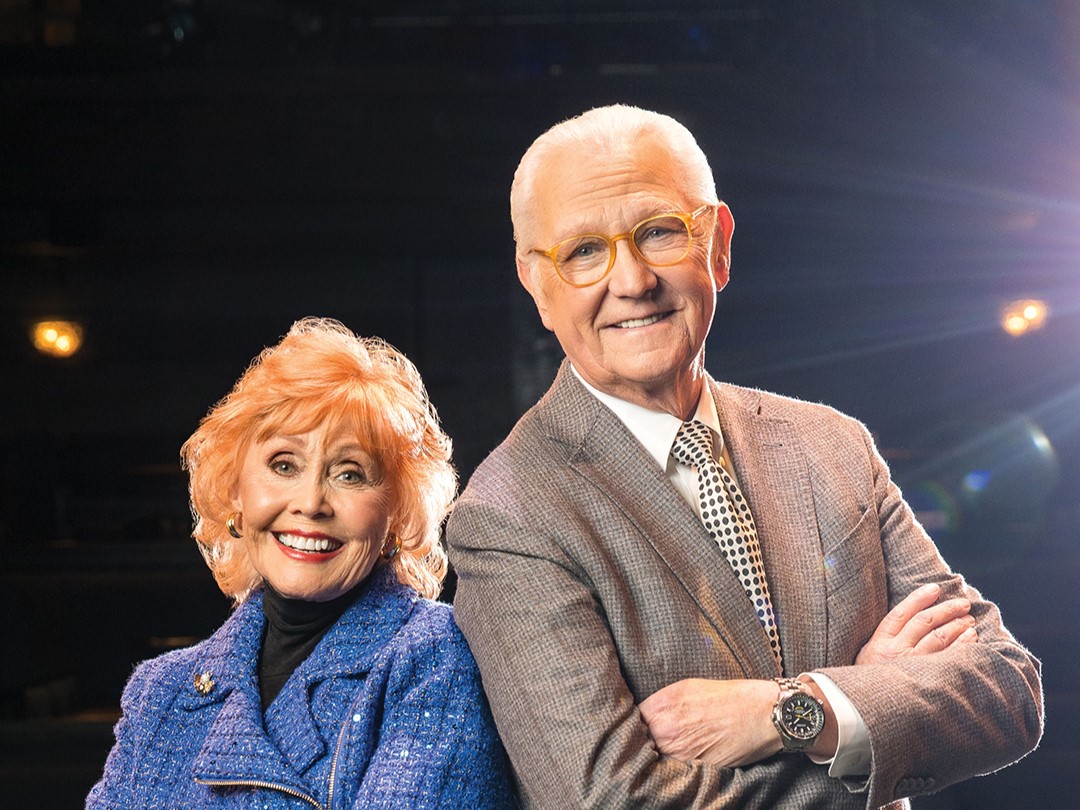
“We are looking for people who are going to bring a value to our residents and that they’re the right fit,” says Zach Parlier, administrator at English Rose. iStock/aldomurillo
Restructured volunteer program aims to mimic life at home.
The relationship between volunteers and residents in a senior living community can be a special bond for everyone involved. The gift of time and companionship can be truly invaluable. So, when COVID-19 put a stop to a volunteer program for a Twin Cities organization, there was a noticeable void that those in charge knew had to be addressed
Zach Parlier, administrator at English Rose, says last spring, he and others looked into ways to bring back volunteers to their properties. English Rose is a provider of professional and personalized care for people with Alzheimer’s disease, other dementias, Parkinson’s disease and complex medical conditions. Each of the six properties has six beds to help create a personal, intimate feeling among residents and staff. (One of the homes is for assisted living, and English Rose also offers in-home care throughout the Metro.)
“Not having volunteers was isolating our residents from all the things we use to supplement meaningful engagement in our homes,” Parlier says. “We viewed it as something that was missing and set out to redesign how we are doing activities.”
Parlier says it’s no secret that living in a memory care or assisted living facility can provide challenges, but English Rose prides itself on being a place that mimics what it’s like to age in place at home. When he and others were outlining the return of volunteers, they didn’t want to bring people in just to play games, do puzzles or engage in other traditional activities found penciled in a monthlong calendar.
Instead, English Rose staff developed a meaningful engagement program that involved the community. Whether that meant bringing people in or having residents go out, having community members interact with people who have dementia is critical for understanding the disease and developing a level of comfort to it, Parlier says.

Three of English Rose’s regular volunteers Noah, Ashley and Hana joyfully share their time with residents. Photo: English Rose
Staff launched a grassroots effort in search of volunteers through flyers and advertisements, sending out a call to action for people to bring their gifts and talents to English Rose. The response was overwhelming and almost immediate.
The new volunteer model involves two categories: casual and structured. The first has no agenda or preidentified task; volunteers simply visit with residents. They can sit at the breakfast table and discuss the weather, the day ahead or whatever else sparks interest. Parlier says people come weekly or daily, depending on their preference. “It’s very loose, strategic volunteering, happening for the sake of socialization,” he says.
The other category is more organized with a weekly calendar that highlights various talents that the volunteers bring to share with residents. “This model is my favorite,” Parlier says. “We’ve had performers, musicians, personal trainers and more. Whatever it is you’re into, we’ll find the audience.”
For those interested in volunteering, English Rose uses a screening process, including a background check. “We are looking for people who are going to bring a value to our residents and that they’re the right fit,” Parlier says, adding volunteers need to be at least 16. “We don’t want to end up in a situation where we have people standing around who need constant direction. This is a complex environment to be in. We try to figure out if someone is going to be comfortable.” Parlier says the ideal volunteer is someone who is outgoing, creative and willing to improvise. He says volunteers might not have experience being around someone with dementia, and that is OK.
These opportunities have the potential to develop new, meaningful relationships, Parlier says. “The most important thing to English Rose, not only in our volunteer program but everything we do, is to break down the stigma of what dementia is and what it isn’t,” he says. “Our volunteer program allows us to bring people in who are not familiar with dementia. It is especially crucial to bring young people in to help set up the next generation for better care. If we can keep pushing the rock up the hill toward having less discrimination against people with dementia, we’re making a difference.”
English Rose
1208 Mainstreet, Hopkins; 952.983.0412






















